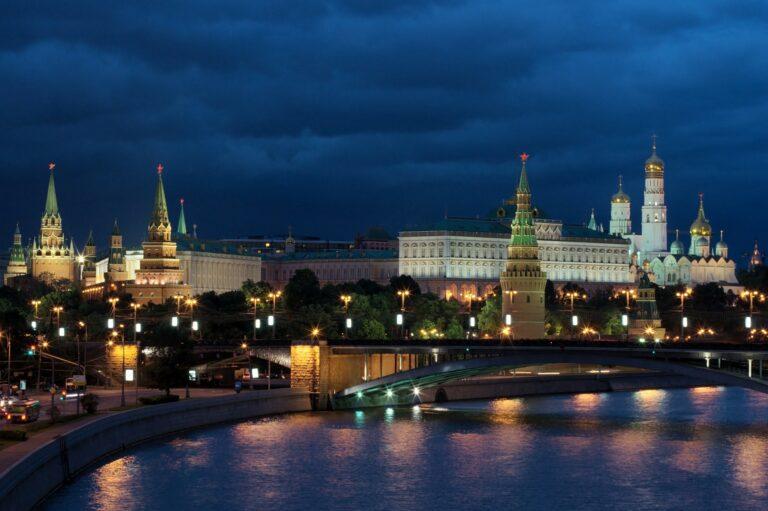The leader of Russia’s Central Election Commission (CEC) said at a recent conference how there needs to be a new word to describe ‘blockchain’ in the country if the technology was going to advance.
According to TASS, Ella Pamfilova made the remarks at a conference focusing on the 25th anniversary of Russia’s electoral system.
Topics included discussions on the viability of electronic voting technology, including blockchain-based systems.
Pamfilova made headlines in March after revealing plans to unveil a blockchain-based voting system to protect against rigging “from any side whatsoever.”
She hoped at the time it would be ready for use by the 2024 Russian presidential elections.
A Rebrand Of The Word Is Needed
The CEC head gave some insights about how the word blockchain fits into the Russian language.
Pamfilova said the word ‘block’ had a connotation with something closed – since a third of Russia’s population was held behind bars. Then, she said “you have ‘chain’. ‘Block’ and ‘chain’ — it works on a subconscious level.”
Pamfilova suggested a study be carried out to actually see if a change is necessary, but maintained a “clear Russian word” was needed. She did not propose an alternate or equivalent for the word.
She made her remarks about the word blockchain in a response to a speech by a conference participant where they discussed the advantages of using the tech during an election period.
TASS reported how Pamfilova made a suggestion earlier in the conference about “renaming the ballot box” because the words led to “unpleasant associations.”
Crusading For Fair Elections In Russia?
Pamfilova’s ascension to the top of the Central Election Commission has given her considerable press coverage, especially in light of her past work as a rights activist.
Back in 2016, she noted in an interview how her appointment suggested a “political desire for normal, fair and open elections” since she was not one to “play the subordinate.”
At the time, she said President Vladimir Putin “knows my difficult character.”
Others, however, thought her appointment was just a strategy for the Kremlin to maintain electoral control and avoid protests.








